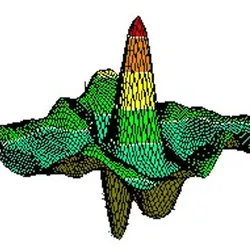
Quantum Mechanics for Engineers 
This course provides engineers with the essential knowledge of quantum mechanics needed to pursue advanced electrical, mechanical, and quantum engineering. It lays the groundwork for further study in these fields. ▼
ADVERTISEMENT
Course Feature
![]() Cost:
Cost:
Free Trial
![]() Provider:
Provider:
Coursera
![]() Certificate:
Certificate:
No Information
![]() Language:
Language:
English
Course Overview
❗The content presented here is sourced directly from Coursera platform. For comprehensive course details, including enrollment information, simply click on the 'Go to class' link on our website.
Updated in [March 06th, 2023]
This course, Quantum Mechanics for Engineers, provides an introduction to the fundamentals of quantum mechanics. Students will learn the necessary mathematical apparatus to describe quantum system behaviours mathematically and compute important quantities. Additionally, students will gain an understanding of the meaning of wave-particle duality in quantum mechanics.
[Applications]
After completing this course, engineers can apply the knowledge of quantum mechanics to a variety of fields, such as nanotechnology, quantum computing, and materials science. They can use the mathematical apparatus to model and analyze quantum systems, and use the wave-particle duality to understand the behavior of particles on a quantum level. Additionally, engineers can use the knowledge of quantum mechanics to develop new technologies and materials.
[Career Paths]
1. Quantum Computing Engineer: Quantum Computing Engineers are responsible for designing, developing, and testing quantum computing systems. They must have a strong understanding of quantum mechanics and be able to apply it to the development of new technologies. As the field of quantum computing continues to grow, Quantum Computing Engineers will be in high demand.
2. Quantum Mechanics Researcher: Quantum Mechanics Researchers are responsible for conducting research into the fundamentals of quantum mechanics. They must have a strong understanding of the mathematical and physical principles of quantum mechanics and be able to apply them to their research. As the field of quantum mechanics continues to expand, Quantum Mechanics Researchers will be in high demand.
3. Quantum Mechanics Educator: Quantum Mechanics Educators are responsible for teaching the fundamentals of quantum mechanics to students. They must have a strong understanding of the mathematical and physical principles of quantum mechanics and be able to apply them to their teaching. As the field of quantum mechanics continues to expand, Quantum Mechanics Educators will be in high demand.
4. Quantum Mechanics Consultant: Quantum Mechanics Consultants are responsible for providing advice and guidance to organizations on the application of quantum mechanics. They must have a strong understanding of the mathematical and physical principles of quantum mechanics and be able to apply them to their consulting. As the field of quantum mechanics continues to expand, Quantum Mechanics Consultants will be in high demand.
[Education Paths]
1. Bachelor of Science in Physics: This degree program provides students with a comprehensive understanding of the fundamental principles of physics, including quantum mechanics. Students will learn about the mathematical and physical principles of quantum mechanics, as well as the applications of quantum mechanics in various fields. Additionally, students will gain an understanding of the development of quantum mechanics and its implications for the future.
2. Master of Science in Quantum Computing: This degree program focuses on the development and application of quantum computing. Students will learn about the principles of quantum mechanics and how they can be applied to computing. They will also gain an understanding of the algorithms and techniques used in quantum computing, as well as the implications of quantum computing for the future.
3. Doctor of Philosophy in Quantum Mechanics: This degree program provides students with an in-depth understanding of the principles of quantum mechanics. Students will learn about the mathematical and physical principles of quantum mechanics, as well as the applications of quantum mechanics in various fields. Additionally, students will gain an understanding of the development of quantum mechanics and its implications for the future.
4. Master of Science in Quantum Information Science: This degree program focuses on the development and application of quantum information science. Students will learn about the principles of quantum mechanics and how they can be applied to information science. They will also gain an understanding of the algorithms and techniques used in quantum information science, as well as the implications of quantum information science for the future.
Course Syllabus
Foundations of Quantum Mechanics
Theory of Angular Momentum
Approximation Methods
Course Provider

Provider Coursera's Stats at AZClass
Discussion and Reviews
0.0 (Based on 0 reviews)
Explore Similar Online Courses
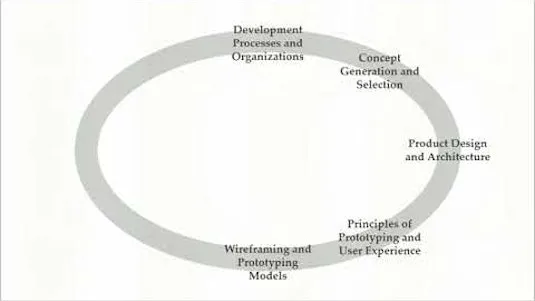
Product Design Prototyping and Testing

Business Continuity Management and Crisis Management: An Introduction

Python for Informatics: Exploring Information

Social Network Analysis

Introduction to Systematic Review and Meta-Analysis

The Analytics Edge

DCO042 - Python For Informatics

Causal Diagrams: Draw Your Assumptions Before Your Conclusions

Whole genome sequencing of bacterial genomes - tools and applications
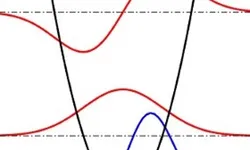
Foundations of Quantum Mechanics
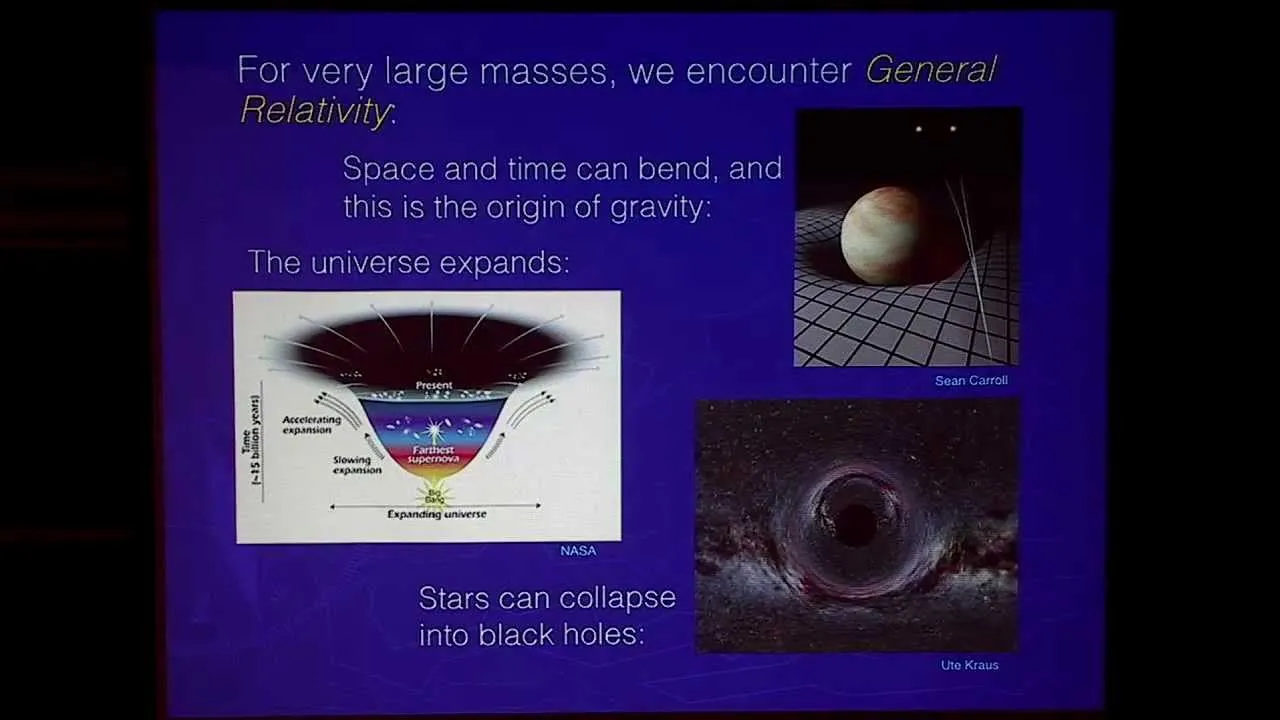
Gravity and Quantum Mechanics - The Quest for Unification
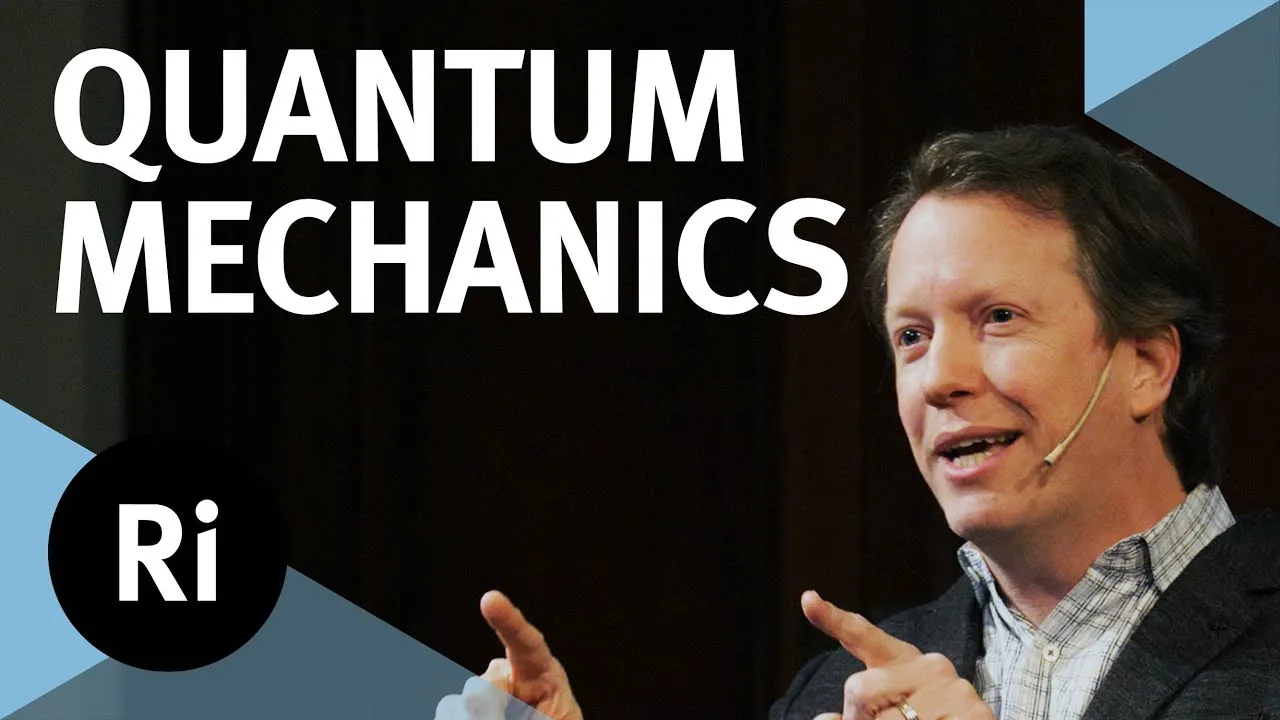
A Brief History of Quantum Mechanics - with Sean Carroll
 Related Categories
Related Categories
 Popular Providers
Popular Providers
Quiz
 Submitted Sucessfully
Submitted Sucessfully
1. What is the main goal of this course?
2. Which of the following is NOT a goal of this course?
3. What is the main focus of this course?


Start your review of Quantum Mechanics for Engineers